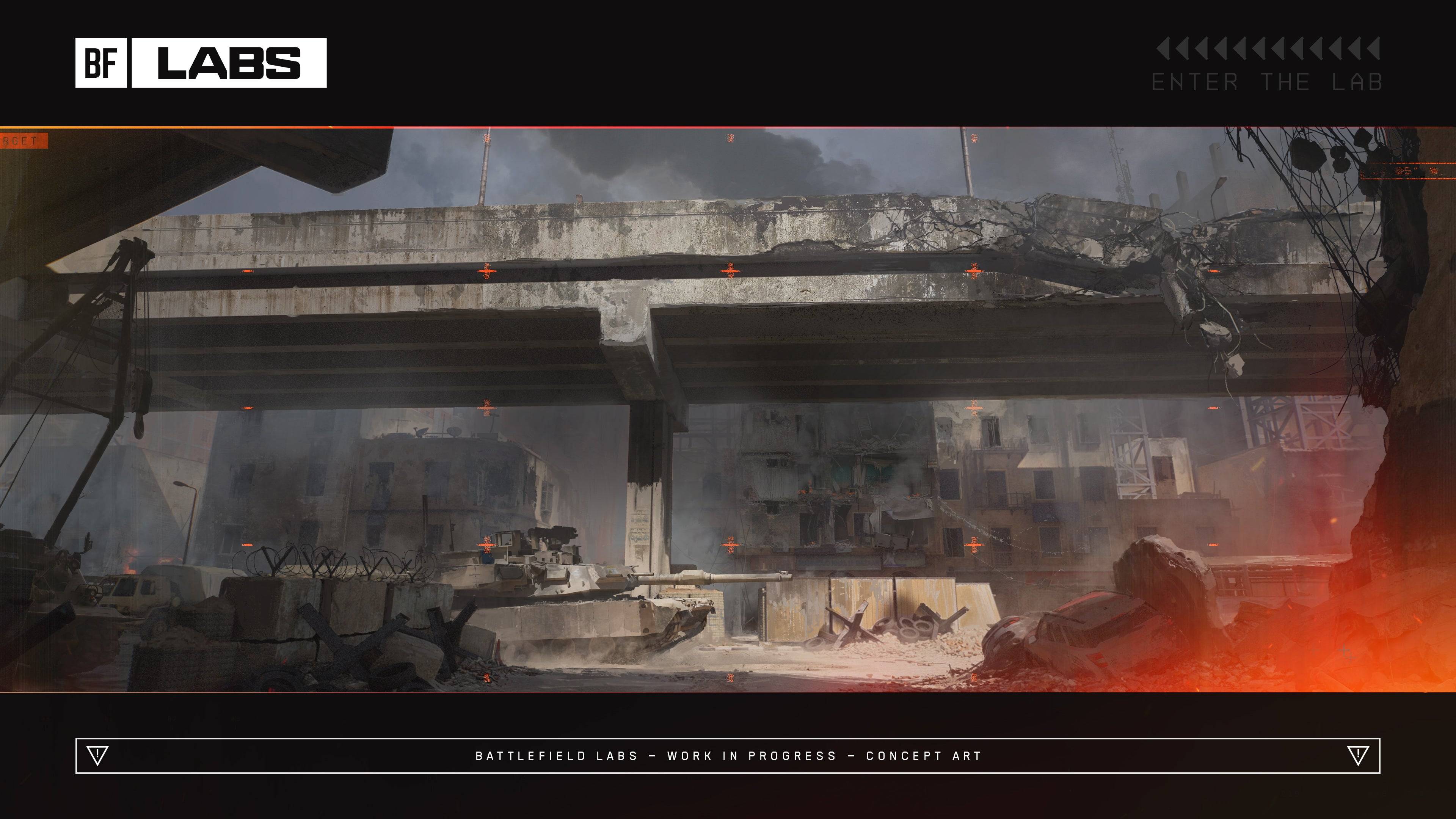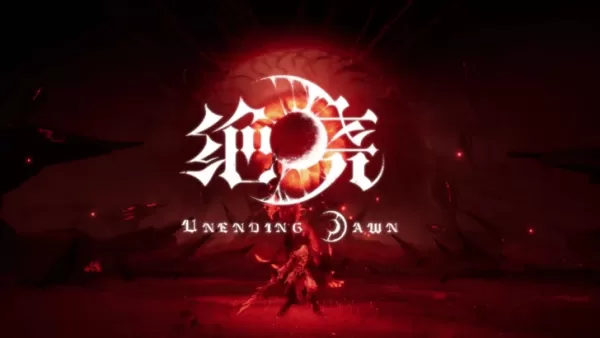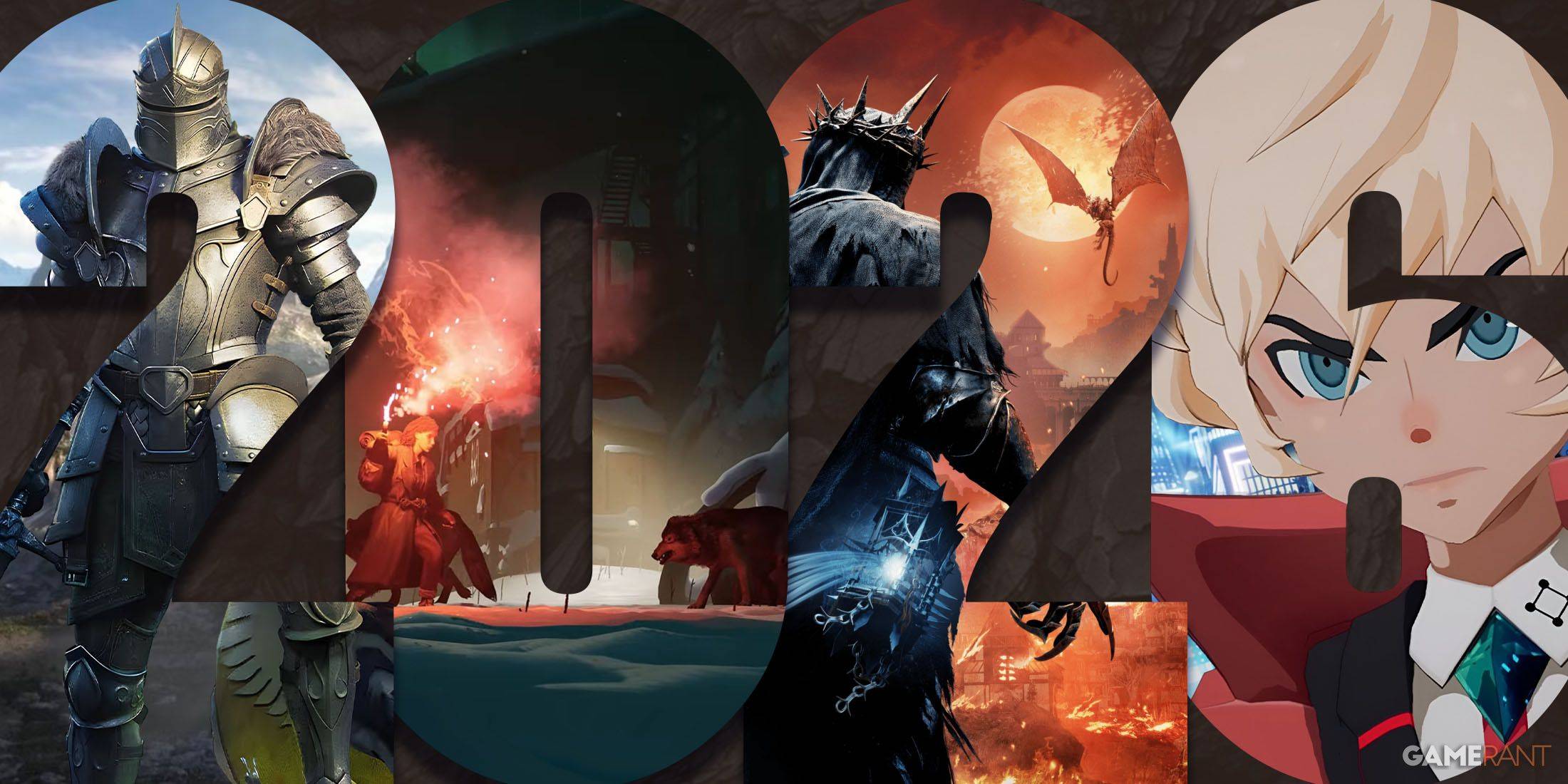ESA on Trump Tariffs: 'More Than Just Switch 2'
The past 48 hours have been a whirlwind for those following economic news, and even more so for Nintendo enthusiasts. On Wednesday, it was revealed that the upcoming Nintendo Switch 2 would be priced at $450 in the U.S., a figure that analysts attribute to anticipated tariffs, inflation, competition, and rising component costs. However, the landscape shifted dramatically last night when the Trump Administration announced sweeping 10% tariffs on nearly every country, with significantly higher tariffs targeting nations like China, the EU, Japan, Vietnam, Canada, and Mexico, among others. In a swift response, China declared a 34% reciprocal tariff on all U.S. goods this morning. Amidst this escalating trade tension, Nintendo decided to postpone pre-orders for the Nintendo Switch 2 in the U.S., as it reassesses the impact of these tariffs on its console strategy.
This unprecedented situation has left analysts, experts, and the public scrambling to understand the ramifications. Just 30 minutes before Nintendo's announcement, I had a conversation with Aubrey Quinn, a spokesperson for the Entertainment Software Association (ESA), to delve into the potential effects of these tariffs on the broader gaming industry.
The ESA, like many, is still grappling with the unfolding scenario. Quinn noted that while tariffs were anticipated due to previous actions and campaign rhetoric from the Trump administration, the specifics and the potential for retaliatory measures from countries like China, as well as additional U.S. tariffs, were still uncertain. Despite the unknowns, the ESA is clear on one thing: these tariffs will negatively impact the video game industry.
"We really are, at this point, just watching and trying not to have knee-jerk reactions, because we don't think that what President Trump announced this week is the end of the story, but what was announced this week and the tariffs as outlined, we do expect these tariffs will have a real and detrimental impact on the industry and the hundreds of millions of Americans who love to play games," Quinn explained. The ESA aims to collaborate with the administration and other elected officials to find solutions that protect U.S. industries, businesses, and gamers.
Quinn emphasized that the impact of tariffs extends beyond just the price of gaming systems. She noted, "It’s hard to imagine a world where tariffs like these don’t impact pricing." Beyond pricing, consumer spending and, consequently, company revenues are expected to suffer. This could lead to job losses, reduced investment in research and development, and influence the design of future consoles. "The entire consumer ecosystem is connected," she stressed.
In response, the ESA is actively engaging with the new administration, despite the challenges posed by the recent changes in government personnel. Quinn stated, "We know who the conversations need to be happening with, and we are working on making connections and making sure that they understand that we are eager to work with them to find solutions." The ESA has already joined a coalition of trade associations to voice concerns to U.S. trade representative Jamieson Greer and is seeking meetings with various legislators and administration members.
When asked about the effectiveness of these efforts, Quinn confirmed that conversations are taking place at various levels within the government. "This isn't a video game issue. I represent the video game industry, so I'm very aware of the impact on the video game industry, the potential impact, but it's not a video game industry. This is going to affect all consumer products from food to fashion to electronics," she said, highlighting the broader implications of the tariffs.
For concerned consumers, Quinn advised reaching out to their representatives through letters, calls, emails, or social media to express their concerns. "I think the more members of government, elected officials, and their staff who hear that their constituents are concerned, the more likely we are to be heard and to potentially make an impact," she suggested.
Nintendo's decision to hold off on Nintendo Switch 2 pre-orders came just minutes after our discussion. While the ESA refrains from commenting on actions by individual companies, Quinn reflected on the broader impact of tariffs on the gaming industry. "There are so many devices we play video games on. There are other consoles, but as I was saying, VR headsets, our smartphones, people who love PC games, if we think it's just the Switch, then we aren't taking it seriously. This is going to have an impact," she remarked. She further emphasized that the issue transcends individual companies, stating, "This is company-agnostic, this is an entire industry. There's going to be an impact on the entire industry."
























![Salvation in Nightmare [v0.4.4]](https://imgs.21qcq.com/uploads/36/1719555347667e551321c26.jpg)




